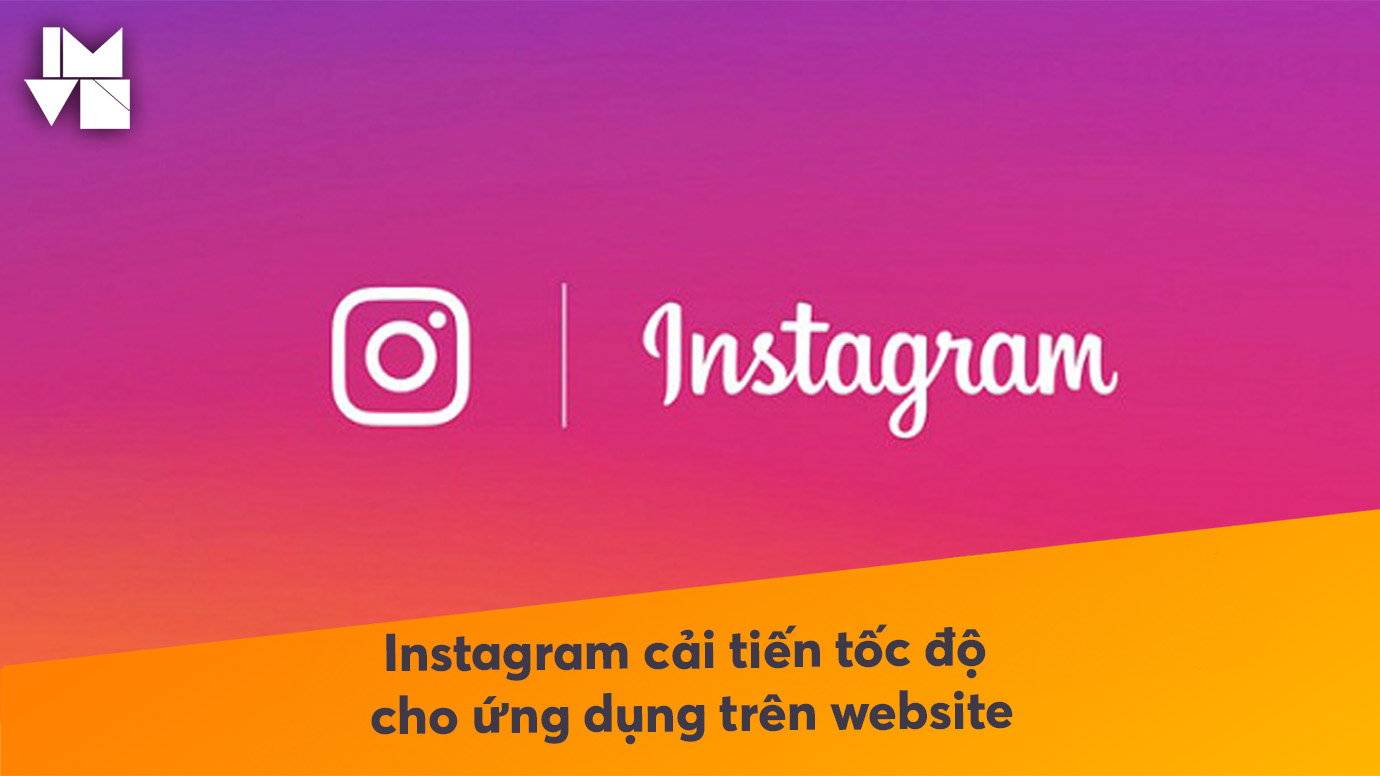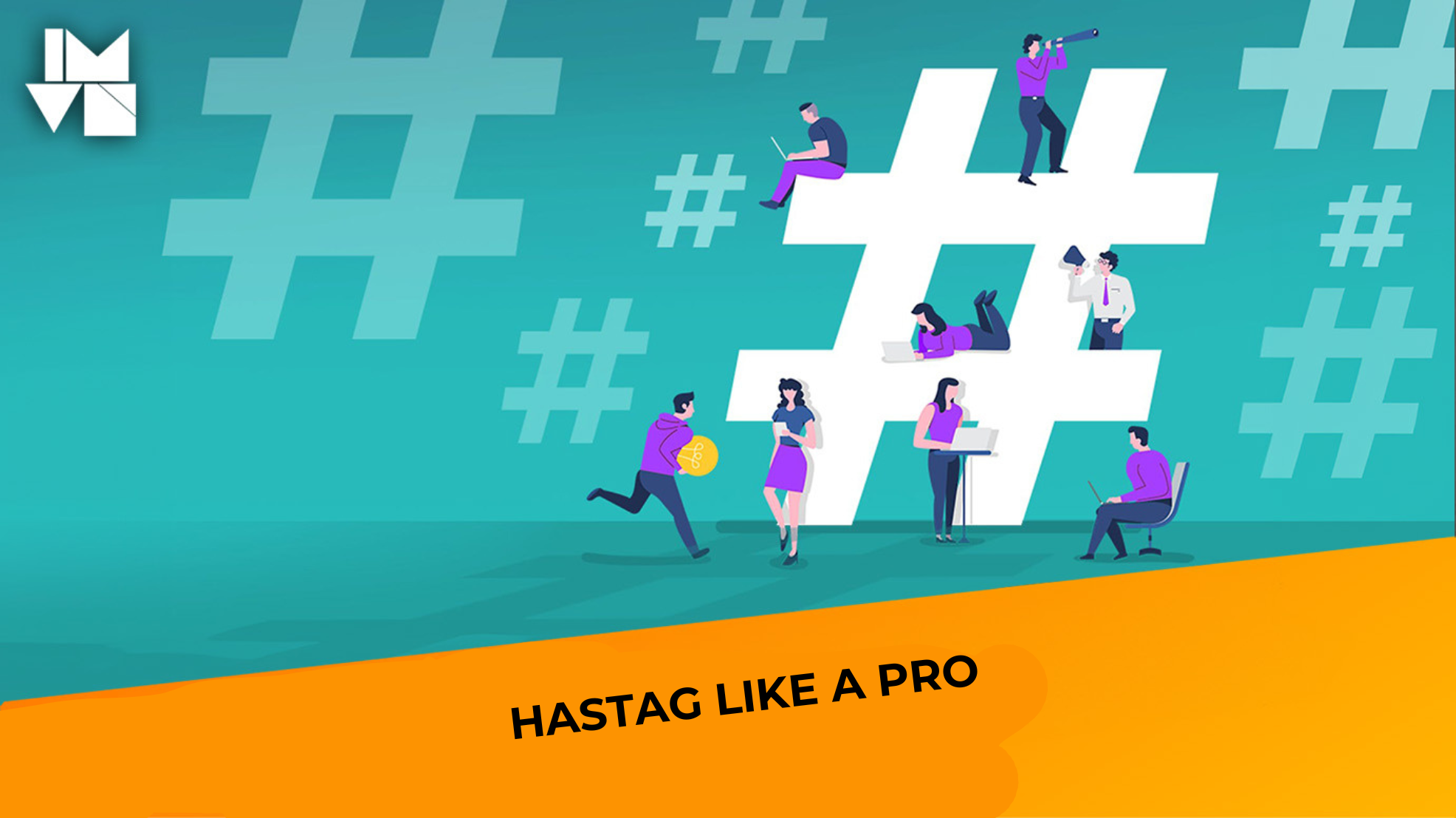In recent years, major tech companies have been acquiring or developing their own influencer marketing platforms:
- 2015: Twitter acquired Niche, a social media talent agency.
- 2016: Google purchased FameBit, an influencer platform.
- 2018: Facebook is rumored to be developing “Branded Content Matching,” a feature that connects brands with influencers.
While Facebook hasn’t officially confirmed this feature, it has the potential to disrupt the existing influencer marketing landscape and challenge current third-party platforms.
How Facebook’s Branded Content Matching could work
Although not officially announced, Facebook hinted at this feature in March 2018, mentioning ongoing tests of new tools for creators, including “tools that make it easy for advertisers and creators to connect on branded content opportunities.” Brands could use these tools to identify suitable influencers for their campaigns.
Facebook’s influencer marketing platform is expected to have three main functions:
- Creator Search: Allows brands to search for influencers based on target audience criteria and metrics. Facebook may also provide influencer ranking based on their potential campaign impact.
- Save Lists: Users can save shortlisted influencers and compare their follower count, engagement rates, and overall influence.
- Suggested Creator: Facebook is likely to suggest relevant influencers to brands, though details about this feature remain scarce.
This platform aligns with Facebook’s recent commitment to empowering creators and helping them monetize their content. This is evident in their Ad Revenue Sharing program and the millions of dollars paid to influencers for using Facebook Live.
Challenges and limitations
Despite its potential, Facebook’s platform may face similar limitations to others, restricting the number of accessible influencers. While it simplifies the search and selection process, campaign success ultimately hinges on content quality. It remains to be seen whether Facebook can effectively suggest influencers who create content that aligns with brand needs.
Implications for other Influencer Marketing Platforms
With Facebook’s newsfeed advertising becoming saturated, the company is exploring new revenue streams, including Stories ads and potentially influencer marketing. Facebook’s platform has a significant advantage in data access, potentially offering more comprehensive insights than other platforms.
If booking KOLs becomes as simple as placing a Facebook ad, existing influencer marketing platforms must adapt their business models to stay competitive. They may need to focus on providing unique value propositions, such as specialized niche expertise, personalized campaign management, or advanced analytics beyond basic Facebook data.Source: http://mediakix.com/2018/05/facebook-influencer-tool-creator-search-engine/#gs.NzGpUwE





